Kirk Manton and I have been friends for a decade. We are both privileged to serve on staff with the C.S. Lewis Foundation. We have looked “along the beam,” as C.S. Lewis said, at a work we are called to in common, and we share in kindred the love of many same friends and same places. We both hold The Kilns close to our hearts as fellow sojourners deeply affected by Lewis’s work. We are co-labourers toward a goal of encouraging and equipping believers who are especially drawn to the arts, searching for ways to integrate faith, reason, and imagination.
Almost two years ago, Kirk told me about the project he was starting – writing a poetry devotional. I still remember the first time I heard him read a sample of it to Peter and me at our dining room table. What Kirk did in the months that followed testifies to his faithfulness and commitment to God’s call to him. Kirk wrote, worked, edited, reviewed, and revised week after week after week. This was in the midst of a full family life; a dynamic full-time job; serving in C.S. Lewis Foundation conferences; and being deeply engaged as a mentor. His focus is what I found most convicting and humbling. Faithful, relentless focus. Kirk did the work of a committed craftsman. And he did all that with good cheer, kindness, and generosity. The result is a remarkable book – a book that is a road map to a deeper, more integrated experience with God and with oneself.
The Grace of Rain by Kirk Manton is an invitation to experience the holiness and wonder of what we so often think is simply ‘ordinary’ – the present moment. With the skill of a poet, the humility of a sojourner, and the compassion of a shepherd, Kirk introduces us afresh to the feel and taste of grace in a way that is immediate, intimate, and enduring. To walk through this book and come out on the other side is a pilgrimage that brings us face to face with the goodness already present in our lives, and a readiness to receive what is yet to come!
LES: What prompted you to make a book of The Grace of Rain? Was it always the plan or did that emerge out of the creative work you were engaged in?
KM: The Grace of Rain, planned, no. It would have been too intimidating early on in my writing poetry to think of writing a book. Writing has always been my worst subject in school. I have always been a storyteller, and speaking my medium. I was never any good at retaining the grammar rules or spelling inconsistencies of the written English language melting pot. No, I started writing poetry out of pain and later on out of the joy of rhythmically expressing gratitude and the mysteries God and this life of ours, but not out of a plan to write a book or the desire to become an author.
It was only in the midst of the “doing;” the writing and the sharing, in the midst of God showing me how He could meaningfully express Himself through my poetry and impact people as I read it out loud, that I would be able to receive the invitation from a friend to, “gather those poems and write them into a book.” By then, God had shown me, through the encouragement and help of others, that I could write, that I could tell a story that would endure beyond the moment of the verbal. And that God would provide others in the body of Christ who would help get me past the parts that do not come naturally to me, those pesky rules of writing. It was definitely not pre-planned.
It was in the midst of composing poetry for my creative community and close friends that the call came to write The Grace of Rain.
LES: Why does poetry lend itself to facilitating devotional life and meditation?
KM: Poetry can help us with our devotional lifestyle because, if we give ourselves to it, it quiets the noise. That is why I chose the phrase, poetry and more to quiet the noise, for the sub-title of my book. We live in such a consumer driven, media saturated society. To sit with God and quiet that noise, and hear His still small voice, is often so hard. We are bombarded all day long by images and sounds created to draw us in and take us where they want us to go and purchase something, with the false promise of meaning, significance and value.
Poetry can help us in our desire to walk intimately with God, the source of true fulfillment, because by its very nature it shows us there is always more beneath the surface of things. As we experience the joy of discovering treasure beneath the surface of the words in a poem, often things the poet never intended, we can find that God is speaking and fellowshipping with us there. In that quite communing we can develop the habit of hearing God’s voice behind our everyday experiences, the things we see and the people we interact with. Our personal walk becomes filled with less clutter and, as the wonderful poet and priest, Malcolm Guite, has said more “…glimpses of heaven in the ordinary.”
Poetry does not change our world; it changes us. It changes our perception and awareness of Him who is here with us, in the midst, and behind all things.
That is why I put the “between” section and the devotional thoughts in after each poem. They are there to encourage people to make the connection between their experiences with poetry and their personal daily intimacy with God. If we are to grow and thrive spiritually, we must take our experiences in the quiet times with God out with us into our everyday lives—poetry can help us do that.
LES: Kirk, you hold a very active full-time job, are deeply involved in mentoring, have a long-time marriage, and are father of four. From a practical view, how have you nurtured and maintained the discipline to write consistently and then keep at it till you have a completed manuscript? What has your wife’s role been in that process?
KM: I believe I have persevered in my writing and pushed through to completing The Grace of Rain by seeing all endeavors in my life as callings from God. I do not get overwhelmed or discouraged (for too long) because I believe what He calls me to He provides resources for me to fulfill. I also believe that all I am responsible for each day is to follow His lead, “today”! I see a long range goal or vision and do lots of planning, but I am only responsible for working on what He calls me to act on today—He will take care of the rest. That includes everything in my life, my writing, my production work at my full-time job, my volunteer work and my relationships with friends and family. Perhaps all that is why I did not get discouraged with setbacks or give up before the task was done.
On the practical side, I do set targets and then listen to God’s leading for today’s little steps to walk toward those targets. As a valued mentor of mine once said. “How do you eat the elephant? One bite at a time.” With this book, initially I did not have a deadline. I had a path I could generally see laid out before me and I started walking. Along the way God provided many people to help me adjust that path and potential timelines were created. A great life coach and writing teacher, Melanie Stiles’, helped me make major expectation adjustments to my plan. Also, a wonderful literary agent, Steve Laube, recommended I self-publish, that kept me free from contractual deadlines and allowed me to work at a pace where I could keep my priorities in balance. I also sensed that one of my hobbies, learning to play the saxophone, was coming to an end and I exchanged my Monday night weekly band practices for a consistent night of writing each week.
Since I more and more see all areas of my life as a devotional to God, callings from God, for God, and sustained and supplied by God, they are not in competition with each other. If they get out of balance and one area is neglected, I take it to Him for adjustments. I listen and follow His lead. It is an extraordinary way to live.
You asked about the role my wife has played in the process. Rachelle has played a very significant role indeed! As I said in the dedication to the book, she is my muse, my listener and my encourager. She loves that I am writing. She supports my “writing nights.” She is my first reader, and feeds back to me quickly what she loves and what parts do not make sense. I was encouraged as she was delighting to learn more about me from the poems, backstories and devotionals I was writing—they revealed many new parts of me that she had never heard known before. I could not have done it without her support and enthusiasm.
LES: We have talked a number of times about the need for “white space” in our event programing for the C.S. Lewis Foundation with the idea of how important it is to have time to process and reflect when we are attending conferences. What does the role of white space or margin play in your creative life?
KM: Luke reports to us in chapter 5, verse 16 of his gospel that “…Jesus often withdrew to lonely places and prayed.” Why did Jesus do that? He “often withdrew”! If Jesus needed to frequently go off by Himself to talk with the Father, who am I to think I don’t need that kind of time alone with God as well?
In my creative life I want to discover and convey truth, and in John 16:13 Jesus tells us what/who will guide us into all truth—the Holy Spirit that He would send. We can look to so many things as our sources of inspiration and the Holy Spirit can use anything He wants to reveal a truth. I just want to make sure that I am leaving room for Him to be the guide all along that process. So, following Jesus’ lead, I often withdraw, quiet the noise of the world, then re-engage with the world He has made and sustains. That helps me keep listening to the authentic source of truth, goodness and beauty. I don’t always do it well, but I do trust Him to keep prompting me back when I get too distracted, and He is so gracious to welcome my attention’s return.
LES: What did you find God teaching you through this process of writing a book and how has that been different from writing for yourself in your own devotions?
KM: When I write during my personal devotions I can ramble on, and on, and on, leaving many things unclear to anyone who would read my notes—I always know what I mean and God certainly does. When I was writing The Grace of Rain, I had to keep stopping myself and put myself in my reader’s shoes. They have not lived my life and would not necessarily understand many of the obscure things I would be referring to that have happened to me. If I want them to understand the surface, let alone the underlying implications, I really need to be clear.
Realizing that caused me to really think through and listen hard to what another person would be hearing. I prayed a lot about what to leave in and what to leave for them to discover on their own. This is especially important when writing poetry. You want to leave so much room for them to have those “aha” moments. Leave too much unsaid and it just becomes a “what is he talking about” moment. In working through this process, God raised in me an appreciation for the need to think, pray and listen for how to love people by taking the time to see things from their perspective. I see that now more than ever as a crucial part of living out the call to love and be a servant. It has been wonderful to see the applications of this lesson in every area of my life.
LES: Why is it important to teach others how to engage in the activity of intentional devotions?
KM: There is so much more to fulfilling the great commission we received from Jesus in Matthew 28 than just bringing people to Christ. At the heart of making “disciples of all nations…” is helping saved people grow ever more like Christ. Jesus said that He drew all things from the Father – His motives, His power, His joy, His love for others, etc. He promised us that we could do the same. Just like Him, we have the Holy Spirit in us and we have direct access, as He did, to all we need from God. But He also warned us of the distractions that keep us from allowing His presence to flow and fill our lives. What we call “devotions,” are those active and intentional habits that help clear away the distractions and allow God to do His work in us.
Now more than ever in history, our lives have become filled with ever-present distractions. The radical increase of technology has made it possible, accepted and commonplace to have a constant stream of distractions with us at all times. Many benefits have come with the internet and the increase in the availability of our personal access points to it (laptops, smartphones, and now smart watches). But those benefits have come at a high price—loss of much of our natural quiet time. Intentionally engaging in activities that keep us attentive to the reality of the presence of our loving Father in our lives and listening for His voice, is more vital than ever.
The competition for our attention is fierce and engaging in a consistent devotional lifestyle is a powerful edge against that competition.
Now more than ever, teaching others new ways of engaging in that lifestyle is a vital part of fulfilling the great commission.
LES: Other poets have influenced you, including Malcolm Guite who wrote the foreword to The Grace of Rain. How have other styles of poetry and other voice patterns shaped the way you see and the way you write? What is the balance of welcoming and spending time with other people’s writing and developing authenticity of your own voice?
KM: Malcolm’s style of writing and teaching about poetry has helped me appreciate writing poetry within the forms, within structural boundaries that foster, rather than stifle, creativity and inspiration. Most of the poems that Malcolm Guite publishes are sonnets. This form has a very specific set number of lines, stanzas and traditional rhyming scheme options. I often find myself following his lead and choosing to write in that and other specific forms. Those boundaries challenge me to look, listen and discover new ways to express an idea or a story to fit the form. These experiences open me up to seeing everyday situations and challenges in different ways. Along with increasing my creative attentiveness, my confidence in God grows. My faith that God will come through, when needed, out of the blue, is strengthened as He helps me when I am struggling to fit my writing to the form. I now recognize that in the same way, He meets me when I sit down to put thought to page within the confines of structured poetic form, He also meets me in the challenges of the real, boundary-laden, world. At the same time, I have enjoyed the permission given by the styles of other poets like E.E. Cummings, to explore a freer form without those structure boundaries, when the piece seems to call for it, or the Spirit moves in that direction.
As to the balance of the influence of others work on my own voice and authenticity, I believe my ignorance protects me there. I have not come to poetry from a rich background of study of the subject. I do not consider myself “well read” in the poetry of others. If I do have an authentic voice of my own, it may be because my poetry comes from a deep well of personal life experiences, but not a personal history of reading many other poets. So much of the treasures in poetic literature are still unknown to me. I am still a child discovering new treasures all the time, and that is very exciting to me. There is not much of a risk of the voices I have not heard crowding mine out. So, I am not conscious of intentionally seeking a balance. Perhaps someday that will be needed. For now, I’ll just keep expressing in the way that seems natural to me.
LES: Writing is unavoidably a solitary endeavor and yet none of us write in a vacuum. Diana Glyer has done such an incredible job of educating people about the importance of creating in community in her books The Company They Keep and Bandersnatch. How have you worked with other writers in your process and have those relationships made a difference in how you developed The Grace of Rain?
KM: Oh my yes. The Grace of Rain would be a very different book or no book at all, if not for the community in which I write. When I finished my first draft it was three hundred and fifty pages long (now 158). After my editor, writing coach and friend, Melanie Stile’s first run through, there was a lot of red ink in every chapter. She had the experience and wisdom I needed to learn the art of writing to your target, your target audience, and your target genre. She showed me that what I was writing were Bible studies, not devotionals. Since my stated desire was to write a poetry / devotional book I needed to understand and write to that audience and market—such great advice.
Other small groups of writing friends (The Sprinklings and Pencil-biters), meeting to critique each other’s works in progress, gave me valuable feedback along the way. Especially encouraging was when members within the group disagree with each other about a specific point of correction. It reinforced the freedom that often there is more than one way to skin a cat.
Not all my writer relationships were critique and correction, many were pure encouragement and supportive audiences. To just have people welcoming me to read my works-in-progress to them was invaluable. As I read the poems out loud to small groups of friends and fellow artists, I found myself editing my own work. I often recognized when something did not make sense or did not flow, even before they had a chance to react. Now, I would never even think of attempting to write a book without the full range of fellow writers and readers involved.
LES: Is there a poem and story in this collection that caught you closest, Kirk, giving you a clear sense of why you write?
KM: The poem that instantly comes to mind when you ask that question is, East Wind. I write because I don’t play music, sing or act. To express what’s deep inside and significant in life I must do something else. Speaking is an option, but it can often be filled with distractions for the listener and is so temporary. But writing, and specifically poetry, which comes more naturally to me, can express the deep passions and significant moments and truths that deserve to be remembered and allowed the chance to sink in deep.
East Wind, tells the story of an elderly widower who has lost his first and life-time love. Crushed and fearful, he is going through the motions of trying to carry on when he is unexpectedly revived by love expressed by those he has unknowingly impacted for many years. When I am reminded of God’s healing love like that, in the midst of sorrow and loss, and when that memory lingers long after I put the book down, triggered again and again by lines remembered— such as “…and drops a single tear.” and “Each patron holds a rose.”—then I can say, “Now that is why I write.”
LES: Every writer hits hard walls and low points in their process probably for every single piece we write and then we have to find the wherewithal to overcome the walls and low-points to get our work brought into being. What were low-points for you in the writing process for The Grace of Rain and how did you overcome them?
KM: Low points? Let me think. Hmmm, I believe I have blocked them all out! No, I remember many low points. Many of the low points did not last long. They were mainly points of pain and embarrassment from those moments of insecurity in the face of criticism or an error discovered by a reader. The embarrassment faded quickly as I would be reminded by the thought, we are all learning and this correction is helping me become a better writer.
As to hitting a wall or getting stuck, in this project that did not dog me for long. The structure of the book I was writing helped keep me moving along. If I got stuck on one poem, backstory or devotional, I just set it aside and went on to another. Then, after a period of time, I would come back to the stuck one and most often by then the creativity would flow again.
LES: Does completing this book make you feel different than you did before when you were still in process with it?
KM: Oh yes, ITS DONE! It’s in the bank! The fear of never completing it or that it may never quite be good enough, is gone. The, “I hope I can do this” is now replaced by “I know I can do this! Let’s get started on the next one…”
LES: How has your relationship to the work itself – the message – changed with the completing of it in this form? Is there a kind of baton being passed from the Holy Spirit to you now you have finished the final draft? Where do you go with it from here?
KM: The “message” intensified for me, during the writing of The Grace of Rain and now that I have completed it, that has remained the same—God is speaking, are you listening?—but my relationship with that message has indeed changed. Now that I am no longer in the regular writing routine which provided me regular quiet times to listen deep, I must now choose to set aside those times very intentionally, while the demands of marketing and distribution of the book compete for that time.
The situation is similar to when I made the transition from working as a youth pastor to a full-time secular career. I am not required now to be alone listening-to-God to prepare to speak every week. We layman and writers-in-between-projects must really choose to make the time to write. That is, for me, very much a listening-to-God process. I must now practice what I preached (as a youth pastor and in The Grace of Rain.) I must set aside quiet times to listen and be attentive to His presence in the midst of the clutter of my busy everyday routine. In reality, that challenge is all very healthy.
It is an amazing privilege we have as Christians, to choose to walk with and hear from the God of the universe every day, in every circumstance of our lives—how extraordinary!
The part of the baton that has been passed along is my personal internal listening process. That other part is very much external and provides the answer to your “where do you go from here” question. It’s time to use the tool He has provided for His service. What I am now hearing is that it’s time for me to prepare to encourage and equip people to apply the book and message to their lives. What that looks like, I am still praying through. But for now, it will include expanding the resources available on my website, such as recommended reading lists and book reviews, more blog posts and discussions related to the work.
Also, I will be making myself available to speak and lead small groups focusing on living out the lifestyle of The Grace of Rain. I have started a local small group for that purpose. The theme of the small group will be Extraordinary Life for Ordinary People (living beyond the daily devotional). And perhaps, if the Lord leads, begin working on a couple of additional book ideas that are rolling around in my head.
Lancia, as always, it has been a joy sharing this time with you and your readers. There is so much God has ahead. May we all grow to hear, see and soak it all in!
It is my honour to work with Kirk Manton and my joy to present this interview with him.
You can connect with Kirk at any of these links:
Twitter | Instagram | Facebook | Website
This summer we will be working together again at the Oxbridge 2017 conference which you can read more about on the Cultivating website and website for the C.S. Lewis Foundation here. We hope to see you there!
Many blessings to you, friend!
Lancia E. Smith is an author, photographer, business owner, and publisher. She is the founder and publisher of Cultivating Oaks Press, LLC, and the Executive Director of The Cultivating Project, the fellowship who create content for Cultivating Magazine. She has been honoured to serve in executive management, church leadership, school boards, and Art & Faith organizations over 35 years.
Now empty nesters, Lancia & her husband Peter make their home in the Black Forest of Colorado, keeping company with 200 Ponderosa Pine trees, a herd of mule deer, an ever expanding library, and two beautiful black cats. Lancia loves land reclamation, website and print design, beautiful typography, road trips, being read aloud to by Peter, and cherishes the works of C.S. Lewis, J.R.R. Tolkien, and George MacDonald. She lives with daily wonder of the mercies of the Triune God and constant gratitude for the beloved company of Cultivators.
Leave a Reply
A Field Guide to Cultivating ~ Essentials to Cultivating a Whole Life, Rooted in Christ, and Flourishing in Fellowship
Enjoy our gift to you as our Welcome to Cultivating! Discover the purpose of The Cultivating Project, and how you might find a "What, you too?" experience here with this fellowship of makers!
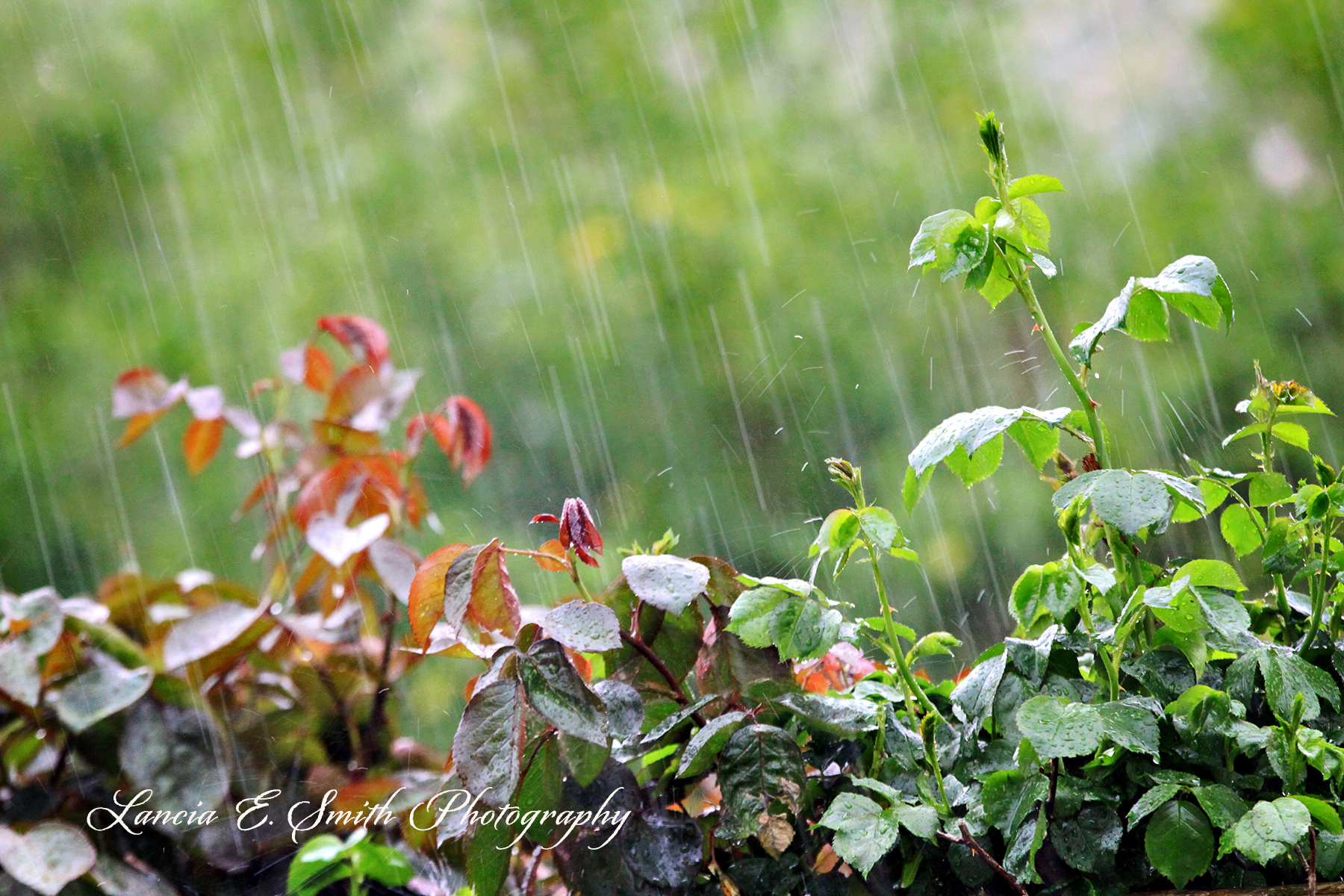
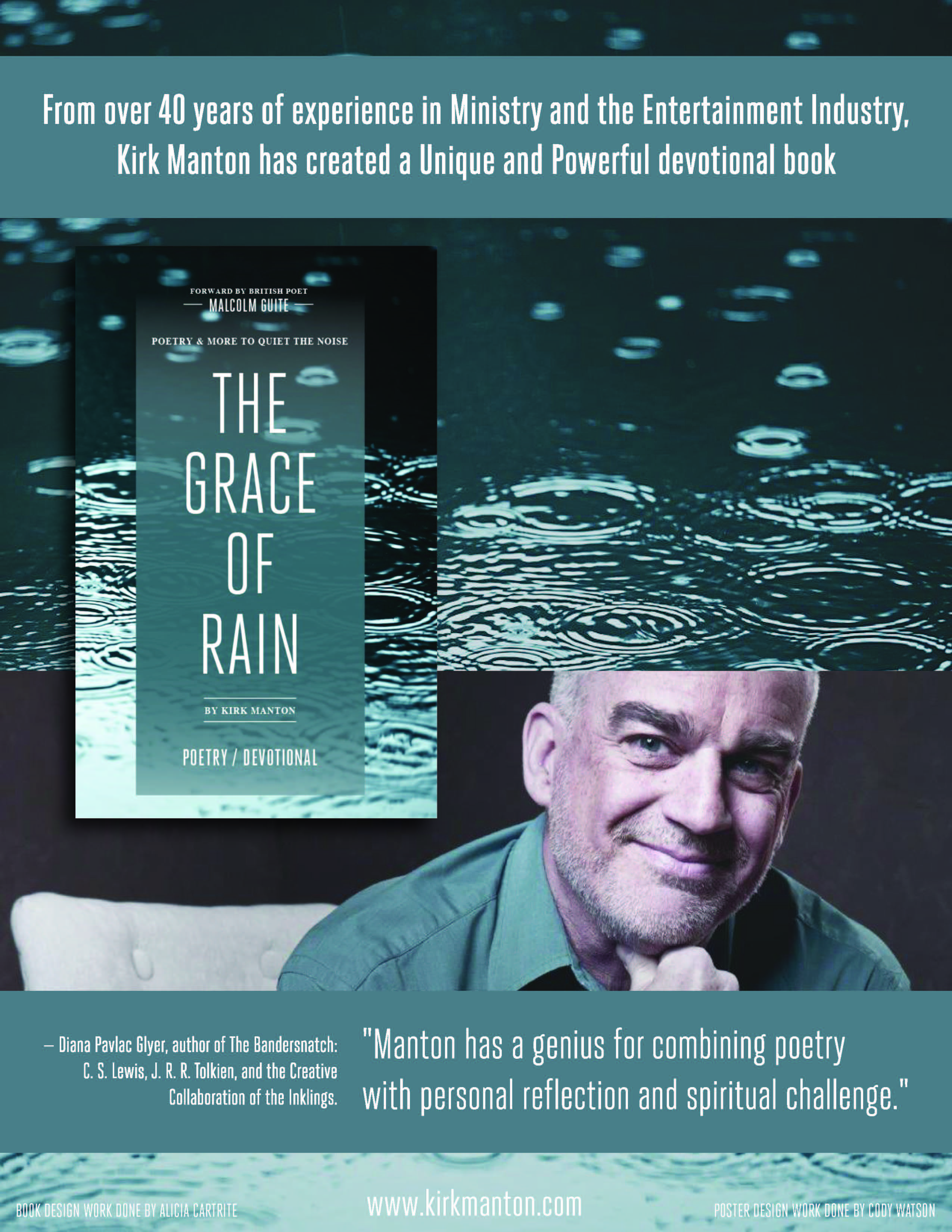
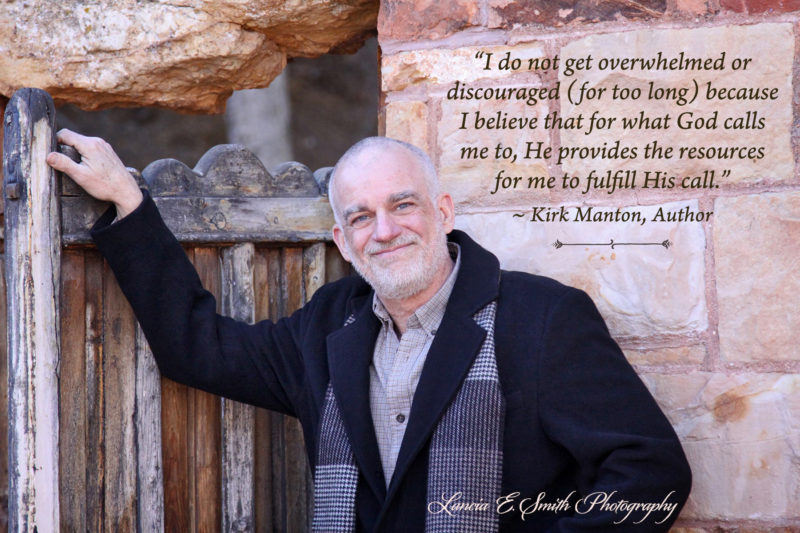
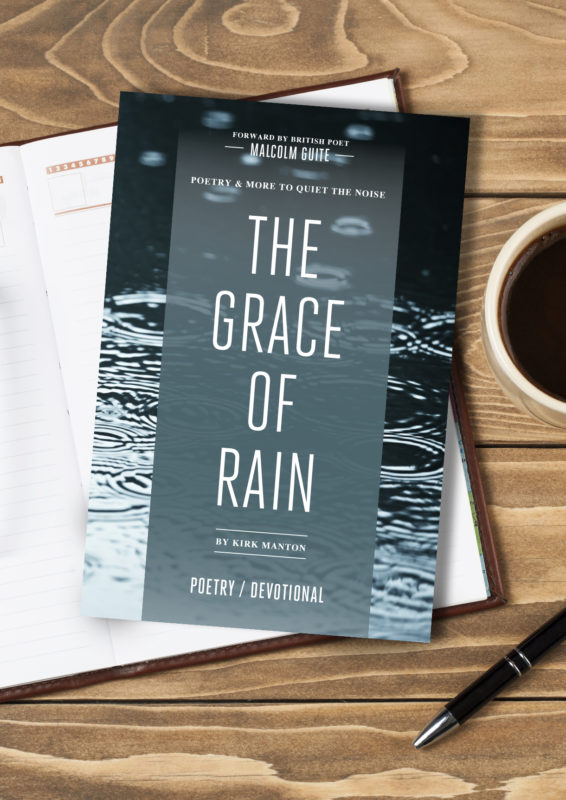
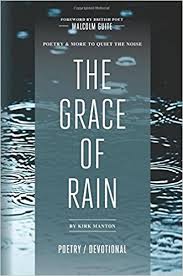
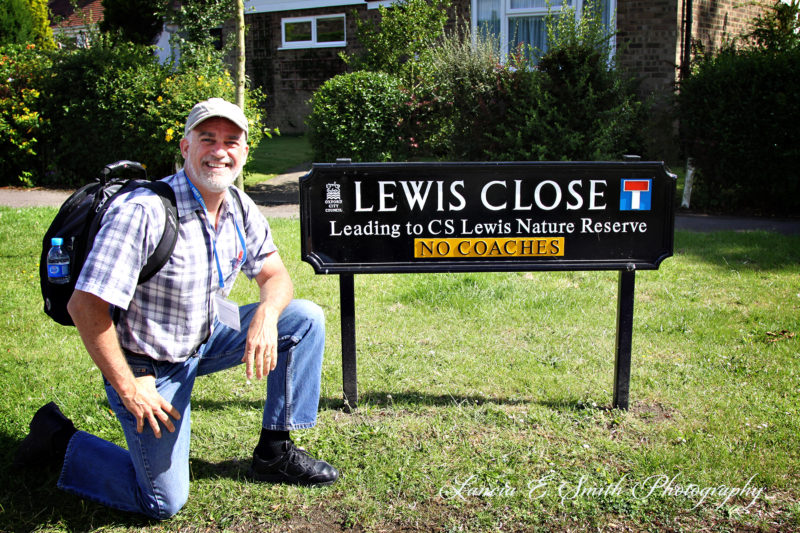
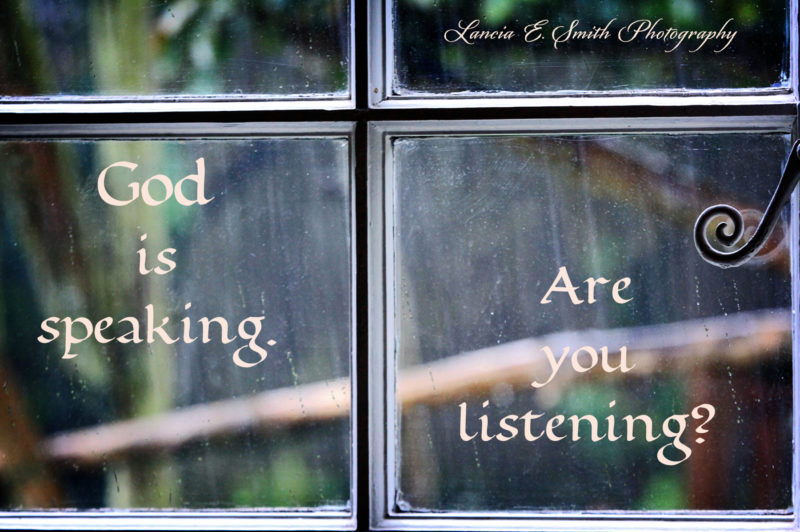


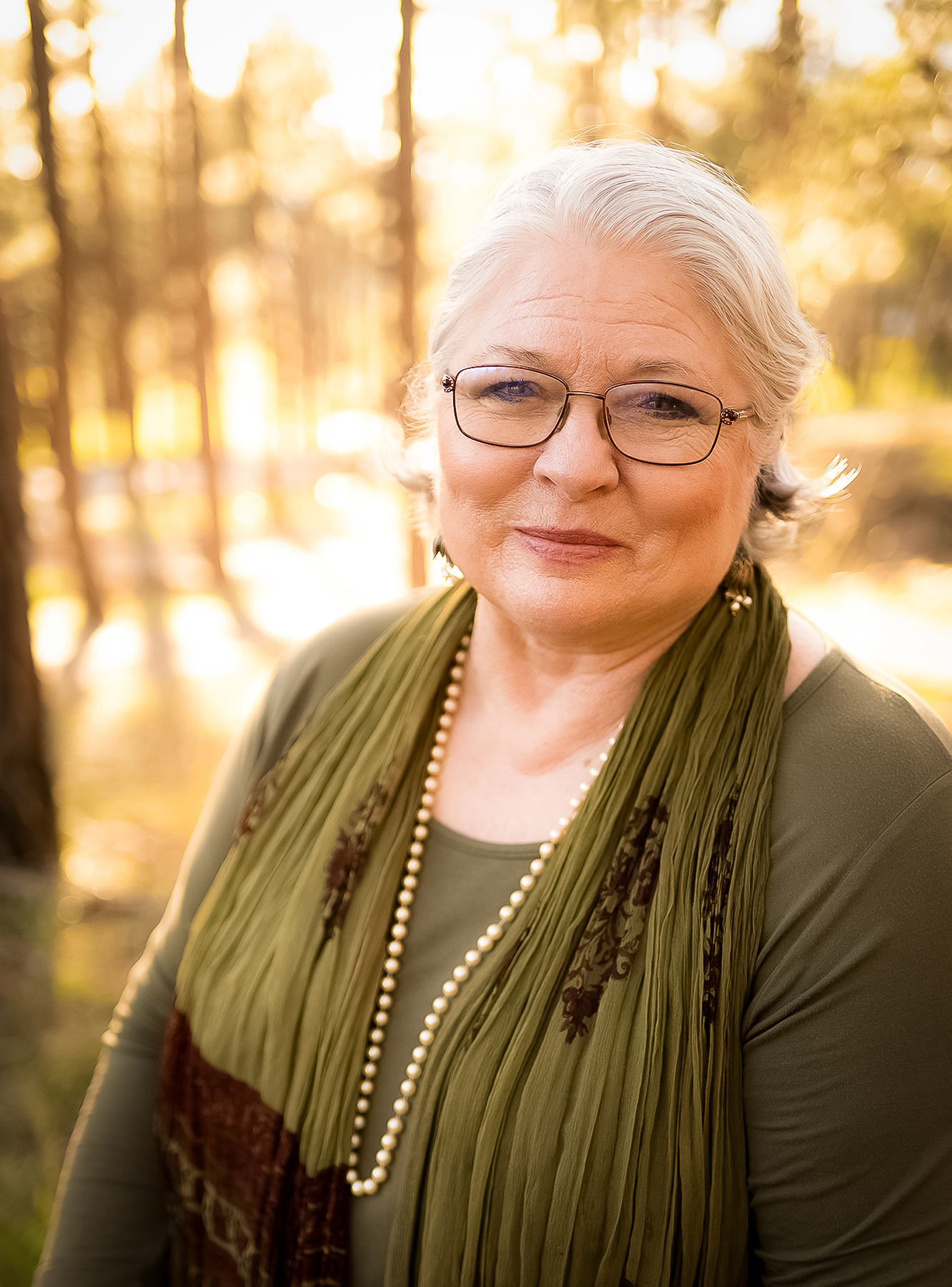
Add a comment
0 Comments